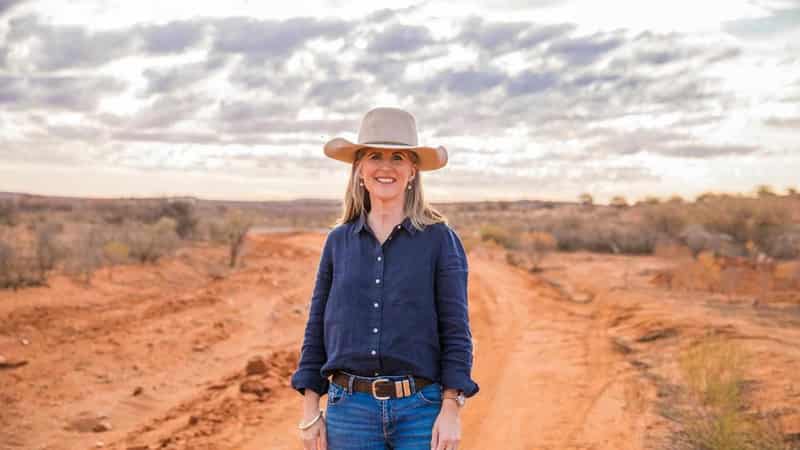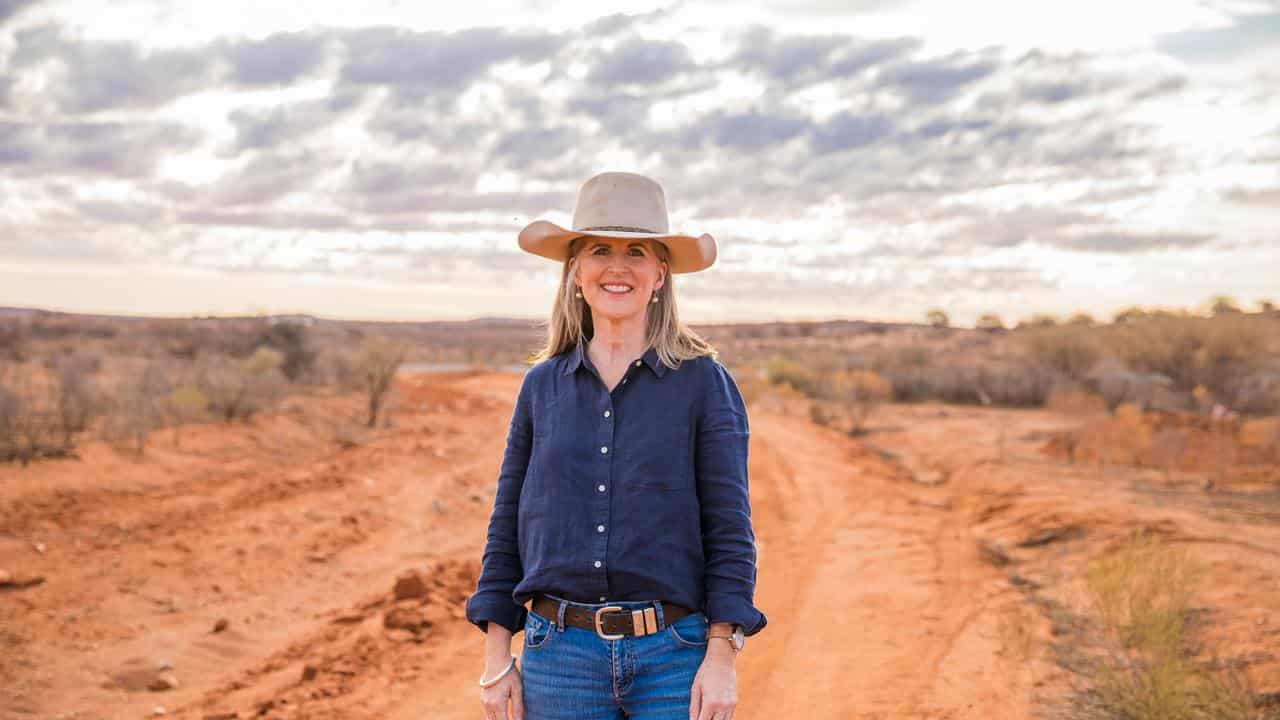
Grazier Jane Martin was mustering sheep in a dusty outback paddock, something she had done countless times before.
But this particular day was different: as she rode her motorbike on a remote station on the Darling River in western NSW she could not stop crying.
"My world just opened up and I cried and cried and cried," Ms Martin told AAP.
"My husband said to me, 'What's wrong?' I said, 'I don't know. I just feel so empty, I feel so sad and I don't know why'."
The Martins had just sent their youngest child off to boarding school, creating a gaping hole in her life on the land.
Having managed her children's distance education from their farmhouse for years, Ms Martin was feeling lost.
"Our closest neighbour was 50km away, so it's not as if you can catch up and have a coffee and a chat," she said.
"It's a bit different to women who live in a country town and have those other supports, women can tend to feel a bit lonely and isolated out there."
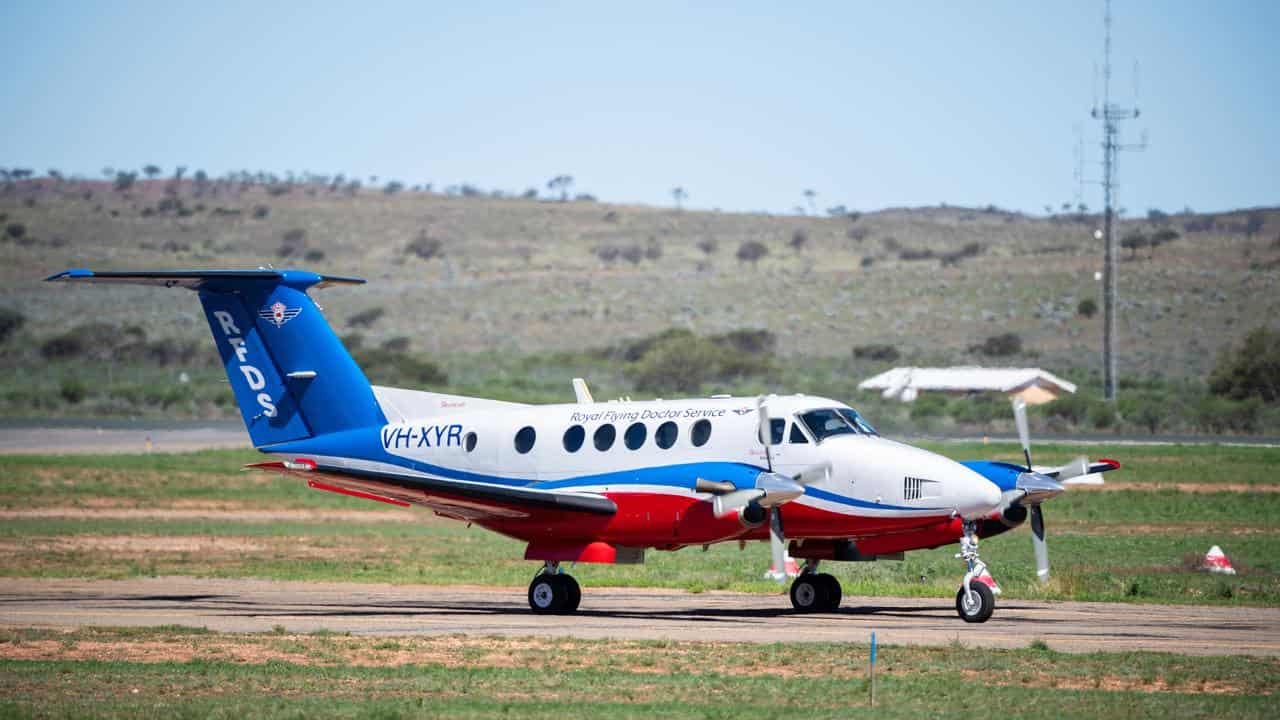
Ms Martin sought help from a counsellor at the Royal Flying Doctor Service, who reassured her she was not alone.
That vulnerable moment in the paddock has stayed with Ms Martin, who went on to work for the rural medical service's mental health program We've Got Your Back.
The program, a partnership with Lifeline Broken Hill, has trained four "champions" who have lived experience of life on the land and mental health challenges.
Champions provide peer support to graziers over the phone and in-person and can link them with clinicians and other health services.
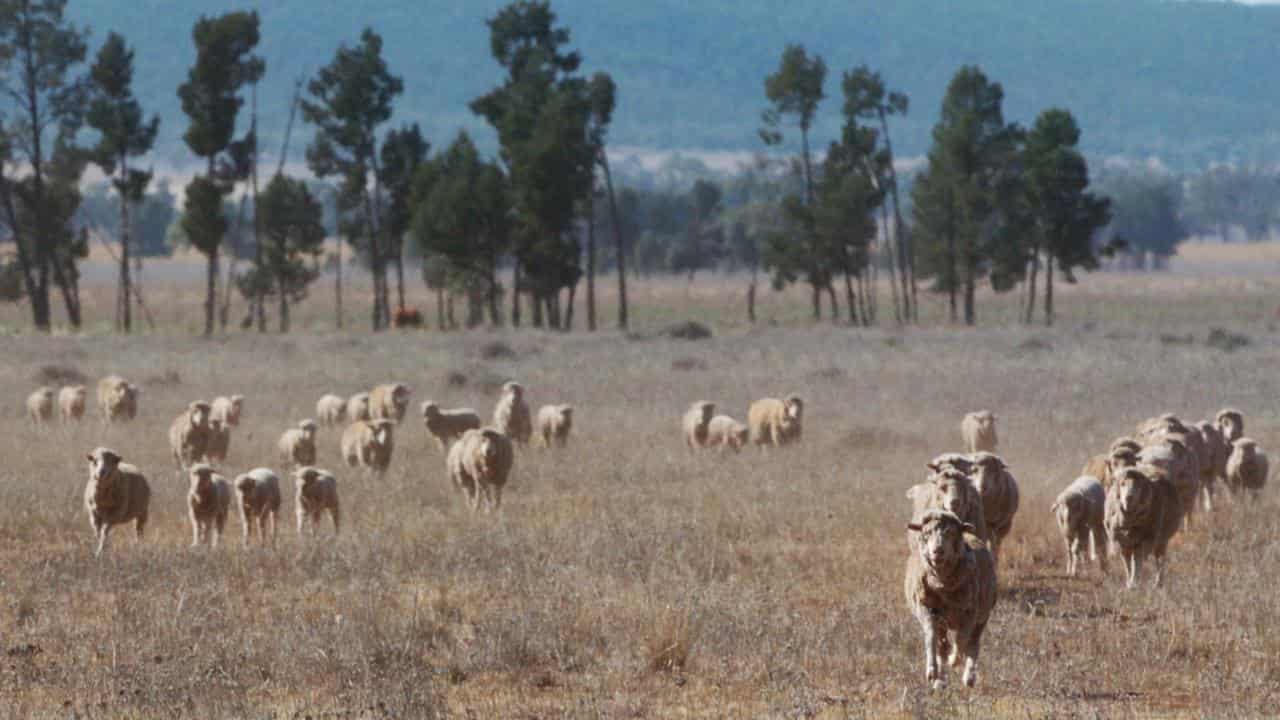
Farmers working in remote areas tend to be very private, which along with isolation only deepens their reluctance to reach out, Ms Martin said.
"Sometimes if you go to a clinic, there might be five of your mates sitting in the waiting room.
"And you're not going to go and see the mental health clinician if your mates are there.
"Unfortunately there is still that stigma around mental health, particularly among pastoralists and graziers."
In the year to June, 46 people contacted the service, 38 of whom were male.
About 60 per cent said they would not have approached a GP or mental health clinician, but would be more likely to do so after their work with a champion, according to a user survey.
Research evaluating the program and the level of mental health support needs among remote graziers was presented at the National Rural Health conference in Perth on Monday.
The ongoing study by Robert Brooks, an associate professor of rural medicine at the University of Sydney, found mental health among remote graziers has layers of complexity.
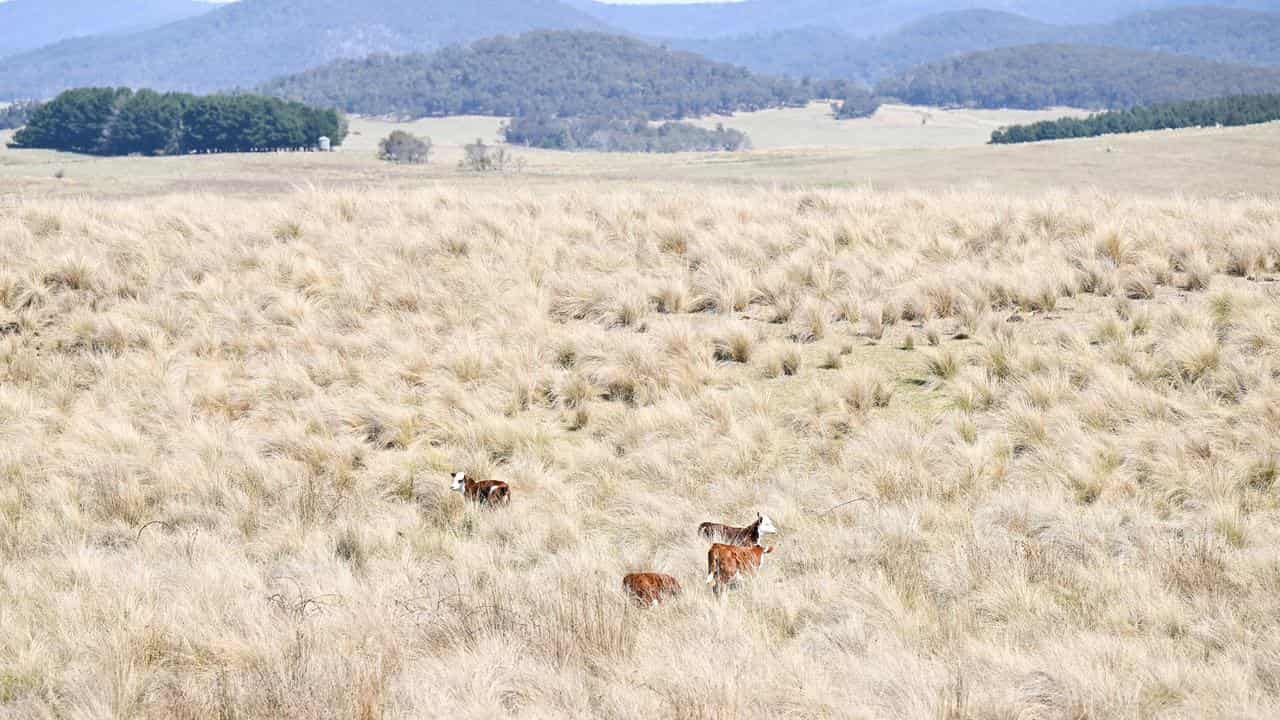
Graziers' families are central to farming operations, so the stresses of station life extend to spouses, partners and children.
The repetition of environmental events, which will only increase with climate change, causes levels of distress that are intensified by high levels of privacy and an ethic of "toughing it out".
We've Got Your Back could be expanded with greater outreach to meet the demand, the initial research found.
The three-day conference explored innovative solutions as well as challenges faced by the rural health sector as it grapples with workforce shortages and funding shortfalls.
National Rural Health Alliance's chief executive Susi Tegen launched a campaign for a national strategy and a dedicated $1 billion fund, as several communities spoke of having to fundraise for their own health services.
Financial modelling commissioned by the alliance has shown a $6.55 billion annual underspend on rural health, or about $844 per person.
The inequity in rural health is, in some ways, down to a disconnect between the cities and the country, Ms Tegen said.
"The votes aren't there. Rural people are considered at the end of the policy and strategy setting," she told AAP.
"Health strategies are brought onto people, rather than working with them."
Ms Martin hopes messages about both the challenges and triumphs in rural health don't fall on deaf ears.
"If you said to someone in the city you can't see a doctor for month and you have to travel 300km to get there ... that's what people in our rural communities are facing.
"We're all trying."
Lifeline 13 11 14
beyondblue 1300 22 4636
